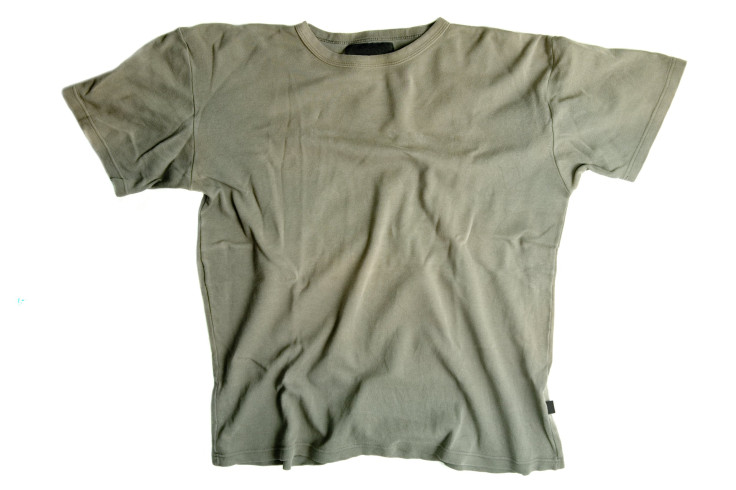Humans Smell Sickness Before Symptoms Even Become Apparent: 'The Scent Of Disease'

We already know that somebody’s smell can play a role in choosing a compatible partner. We also know that a person’s stench can give them little chance of ever finding a mate. But a recent Swedish study, published in Psychological Science, found that in addition to someone’s hygiene, diet, and immune system, their scent also indicates early sickness before it’s even apparent and can serve as a subtle first line of defense for those who are healthy.
Lead author of the study and clinical neuroscientist at Stockholm’s Karolinska Institutet, Mats Olsson, noted that other research that identified characteristic odors of certain diseases emanating from different parts of the body are mostly observational or anecdotal. For instance, according to io9, trained rats are reportedly able to distinguish the sweeter sweat of schizophrenics while patients with cystic fibrosis or diabetes apparently have breaths that are slightly more acidic or reek of rotten apples, respectively.
Olsson and team wanted to go deeper and see how adept our sense of smell is at detecting potentially threatening diseases that we ought to avoid, they explained in their study. “There may be early, possibly generic, biomarkers for illness in the form of volatile substances coming from the body,” Olsson explained in a press release. To assess this level of sensitivity, the authors injected eight healthy volunteers with either a harmless saline solution or a toxin (lipopolysaccharide) that jolted an immune response that mimicked the very early stage of disease: elevated body temperature and heightened levels of certain immune system molecules called cytokines.
All the participants wore tight t-shirts, which absorbed their sweat for four hours after the injection. These shirts were subsequently used as samples for another 40 participants to have the pleasure of rating according to smell. In general, the t-shirts from the group injected with a toxin were considered to have a more intense and unpleasant smell that gave an overall unhealthy impression. Interestingly, the stronger the immune response was to the toxin — higher production of cytokines — the more unpleasant their sweat was considered to be. Furthermore, the authors measured no difference in the overall amount of odorous chemicals or sweat between the two groups, indicating that the sweat composition was what differentiated the sick from the placebo group. While the authors didn’t identify the chemicals that distinguished the infected group, they underscored the importance that an aversive signal was detected almost immediately after the immune system was activated.
“This chemosensory detection of the early innate immune response in humans represents the first experimental evidence that disease smells and supports the notion of a ‘behavioral immune response’ that protects healthy individuals from sick ones,” the authors concluded. One example of this response is “disgust-driven” behavior of healthy people who reflexively avoid those whose health seems to be suffering. Together with the social withdrawal that is typical of sick people, the authors considered this sensitive detection system as part of an effective way of containing an epidemic and minimizing its chances of spreading. The authors viewed this social dynamic between sick and healthy people as something that is important in the field of epidemiology that needs to be better understood.
Source: Olssson MJ, Lundstrom JN, Kimball BA, et al. The Scent of Disease: Human Body Odor Contains an Early Chemosensory Cue of Sickness. Psychological Science. 2014.
Published by Medicaldaily.com



























